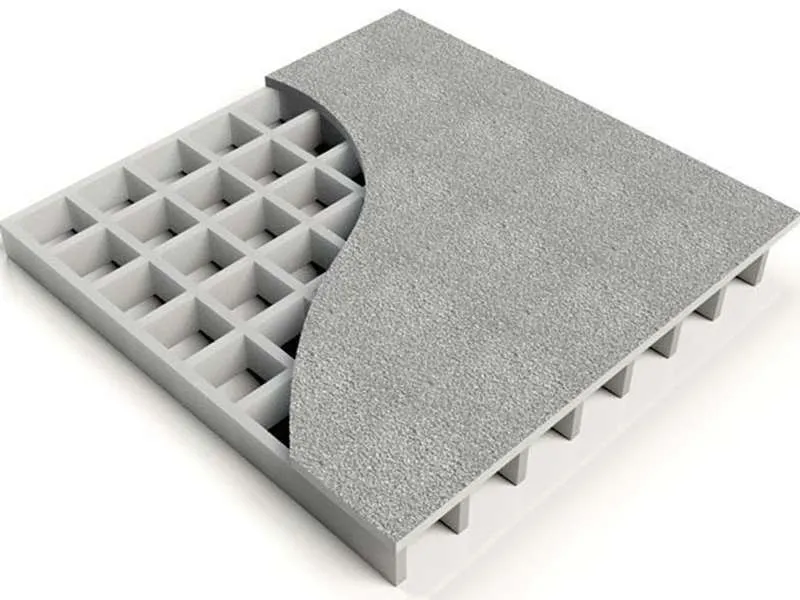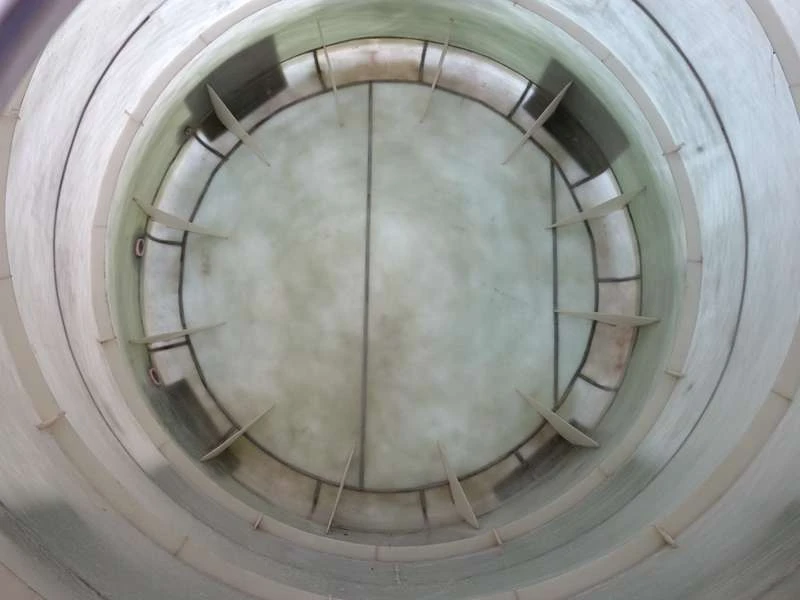
-
 Afrikaans
Afrikaans -
 Albanian
Albanian -
 Amharic
Amharic -
 Arabic
Arabic -
 Armenian
Armenian -
 Azerbaijani
Azerbaijani -
 Basque
Basque -
 Belarusian
Belarusian -
 Bengali
Bengali -
 Bosnian
Bosnian -
 Bulgarian
Bulgarian -
 Catalan
Catalan -
 Cebuano
Cebuano -
 China
China -
 China (Taiwan)
China (Taiwan) -
 Corsican
Corsican -
 Croatian
Croatian -
 Czech
Czech -
 Danish
Danish -
 Dutch
Dutch -
 English
English -
 Esperanto
Esperanto -
 Estonian
Estonian -
 Finnish
Finnish -
 French
French -
 Frisian
Frisian -
 Galician
Galician -
 Georgian
Georgian -
 German
German -
 Greek
Greek -
 Gujarati
Gujarati -
 Haitian Creole
Haitian Creole -
 hausa
hausa -
 hawaiian
hawaiian -
 Hebrew
Hebrew -
 Hindi
Hindi -
 Miao
Miao -
 Hungarian
Hungarian -
 Icelandic
Icelandic -
 igbo
igbo -
 Indonesian
Indonesian -
 irish
irish -
 Italian
Italian -
 Japanese
Japanese -
 Javanese
Javanese -
 Kannada
Kannada -
 kazakh
kazakh -
 Khmer
Khmer -
 Rwandese
Rwandese -
 Korean
Korean -
 Kurdish
Kurdish -
 Kyrgyz
Kyrgyz -
 Lao
Lao -
 Latin
Latin -
 Latvian
Latvian -
 Lithuanian
Lithuanian -
 Luxembourgish
Luxembourgish -
 Macedonian
Macedonian -
 Malgashi
Malgashi -
 Malay
Malay -
 Malayalam
Malayalam -
 Maltese
Maltese -
 Maori
Maori -
 Marathi
Marathi -
 Mongolian
Mongolian -
 Myanmar
Myanmar -
 Nepali
Nepali -
 Norwegian
Norwegian -
 Norwegian
Norwegian -
 Occitan
Occitan -
 Pashto
Pashto -
 Persian
Persian -
 Polish
Polish -
 Portuguese
Portuguese -
 Punjabi
Punjabi -
 Romanian
Romanian -
 Russian
Russian -
 Samoan
Samoan -
 Scottish Gaelic
Scottish Gaelic -
 Serbian
Serbian -
 Sesotho
Sesotho -
 Shona
Shona -
 Sindhi
Sindhi -
 Sinhala
Sinhala -
 Slovak
Slovak -
 Slovenian
Slovenian -
 Somali
Somali -
 Spanish
Spanish -
 Sundanese
Sundanese -
 Swahili
Swahili -
 Swedish
Swedish -
 Tagalog
Tagalog -
 Tajik
Tajik -
 Tamil
Tamil -
 Tatar
Tatar -
 Telugu
Telugu -
 Thai
Thai -
 Turkish
Turkish -
 Turkmen
Turkmen -
 Ukrainian
Ukrainian -
 Urdu
Urdu -
 Uighur
Uighur -
 Uzbek
Uzbek -
 Vietnamese
Vietnamese -
 Welsh
Welsh -
 Bantu
Bantu -
 Yiddish
Yiddish -
 Yoruba
Yoruba -
 Zulu
Zulu
Feb . 07, 2025 01:33
Back to list
fiberglass water tank
Fiberglass water tanks have steadily gained traction as a preferred choice for liquid storage across diverse industries. These tanks, often overshadowed by their steel and polyethylene counterparts, present an array of benefits that make them a superior option in many situations.
From an authoritative perspective, fiberglass water tanks meet and often exceed many industry standards. They comply with regulations such as ASTM D4097 or EN 13121, which dictate chemical resistance, structural integrity, and durability. Regulatory bodies and third-party quality assurance entities often acknowledge manufacturers that exhibit excellence in these areas, bolstering the credibility of the product. By adhering to these stringent standards, manufacturers not only validate the quality of fiberglass tanks but also enhance the trust that customers place in these products. Trustworthiness in fiberglass tank technology is further reinforced through empirical evidence and case studies that highlight their effectiveness in real-world applications. For instance, data from agricultural operations show that fiberglass tanks deliver consistent water quality for irrigation even under challenging conditions. In municipal settings, these tanks often integrate seamlessly into existing infrastructure, providing a reliable solution for potable water storage with minimal modifications necessary. To sum up, fiberglass water tanks offer a compelling combination of durability, customization, and resistance to environmental factors, which makes them a go-to solution for various storage needs. Professionals within the industry continue to refine their craft, applying expert knowledge and cutting-edge technologies to push the boundaries of what fiberglass can achieve. When coupled with their compliance with respected industry standards, these tanks stand as a trusted choice for businesses and municipalities alike, providing peace of mind through design excellence and proven performance.


From an authoritative perspective, fiberglass water tanks meet and often exceed many industry standards. They comply with regulations such as ASTM D4097 or EN 13121, which dictate chemical resistance, structural integrity, and durability. Regulatory bodies and third-party quality assurance entities often acknowledge manufacturers that exhibit excellence in these areas, bolstering the credibility of the product. By adhering to these stringent standards, manufacturers not only validate the quality of fiberglass tanks but also enhance the trust that customers place in these products. Trustworthiness in fiberglass tank technology is further reinforced through empirical evidence and case studies that highlight their effectiveness in real-world applications. For instance, data from agricultural operations show that fiberglass tanks deliver consistent water quality for irrigation even under challenging conditions. In municipal settings, these tanks often integrate seamlessly into existing infrastructure, providing a reliable solution for potable water storage with minimal modifications necessary. To sum up, fiberglass water tanks offer a compelling combination of durability, customization, and resistance to environmental factors, which makes them a go-to solution for various storage needs. Professionals within the industry continue to refine their craft, applying expert knowledge and cutting-edge technologies to push the boundaries of what fiberglass can achieve. When coupled with their compliance with respected industry standards, these tanks stand as a trusted choice for businesses and municipalities alike, providing peace of mind through design excellence and proven performance.
Next:
Related Products









